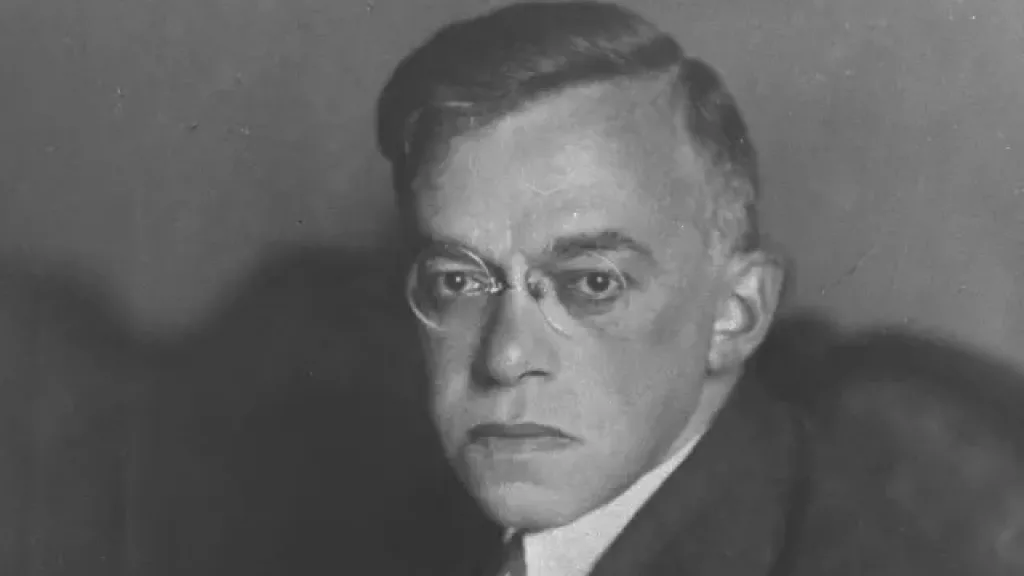A New Viewpoint on Diversity
Ari Unger
My twin brother and I are very close. He and I have been playing in basketball leagues and training in recreation (“rec”) centers of the Bronx together since we were 10 years old. Rec centers are often located in lower-income neighborhoods to help give kids structure and keep them off the street. Most of these rec centers have coaches who went to college and came back to work in the community. With their degrees, they could have gotten a comfortable job, moved to the suburbs, and even gone to graduate school. However, these coaches selflessly chose to help their communities. They gave up opportunities that would be in their personal interest, such as pursuing well-paying jobs, to come back to their home for a job that doesn’t pay as well. They wanted to help the youth in the neighborhoods they grew up in. These coaches are truly compassionate and admirable individuals.
My coaches help me with my athletic skills, while also helping cultivate my character and mindset. They have helped me figure out plans for college and how to play basketball at the next level. I will never forget the first time I walked into a rec center. I could see the gym through the double doors and the treadmill and weights through a room to my right. As I walked up to the gym, a boy a little older than me walked up to me, my brother, and my father. He shook each of our hands and introduced himself. This showed me the culture of respect that the coaches were trying to promote. In the gym, I could see kids of all ages playing, and hear their yells and laughter. A couple of years later I was playing in one of my team’s games. We had a player on our team who was 6’8” and the best player on our team—he had already received some D-1 offers. We were up by 20 points, and he was on the bench. The other team was embarrassed. No one likes losing, not to mention getting blown out. He begged our coach to let him back into the game because he wanted to dunk on the other team so badly. He kept asking and asking, but he was not allowed back in the game. That was simply good sportsmanship. You should never put salt on an open wound, and that dunk would have been the salt. I played basketball my whole life, and I had never been taught that lesson before.
It seems that seriously pursuing a craft or sport used to be more prevalent in the Jewish community. When Jews first came to America, the majority of us were fleeing desolation. We worked hard. We were immigrants, trying to make the American dream a reality, and sports and the arts provided a way to do so. The first person to score a point in the NBA was Jewish, and one of the first superstar players in the NBA was Jewish. Now, nearly a century later, it seems that the Jewish work ethic is waning. Kids grow up comfortably, and do not seem to understand the meaning of work. In Modern Orthodox communities, children have talents, but do not pursue them seriously. A prime example of this is in Jewish day schools. Within these schools, one can be hard pressed to find students seriously pursuing a craft. How many athletes get scholarship offers to play sports in college from these schools? How many child actors, writers, artists, or serious theologians are there in these schools? Very few, if any. At the rec centers, there are kids working harder than some people do their whole lives. Even if you are not the best player there, if you work hard, you will get better. In today’s society, so many people focus on talent. Instead, they should be focusing on hard work.
I recently had a conversation with one of my coaches about the Kanye West and Kyrie Irving incidents. We talked about Jews, anti-Semitism, and the Holocaust. The coach even invited me to bring some of my friends from Yeshiva to work out with me. He encouraged me to create a platform and share my ideas. We talked for a very long time, and when we finished the conversation, it occurred to me how dedicated and relatable these coaches were. I have grown up completely different from them. Yet when my community came under attack, they could relate to me. So many people focus on appearances. They focus on the yarmulke and the tzitzit. But my coaches did not. They focused on my character and my talent.
Often, it seems that the people who talk about diversity never visit these communities. People seem to think that diversity is based on how one looks. True diversity is not about how someone looks, but how they act. Characteris what people should be judged on, not appearances. I have been in many unique environments in my life. I was in public school with my yarmulke and tzitzit, and one of two Orthodox Jewish families in a city. My first best friends were not Jewish, but African American. If my life has taught me one thing, it is that people care more about character and values than anything else.
Mr. Ari Unger is a tenth grader at Manhattan Torah Academy. He resides in Riverdale, New York.
Suggested Reading

The Early Encounters of Jabotinsky
Why return to Vladimir Jabotinsky today? In Hillel Halkin’s Jabotinsky (2014), we witness the transformative experiences of this great man’s youth, which help to explain how he became the formidable Zionist thinker…

The Ascent of the Fallen
BY SARAH BARON We are lost and foundFree yet also constrainedMany fall by the dayLost ones float up to the skyMore and moreInnocent livesLone soldiersOff the plane they emerge as…

“Judge Your Kin Fairly”: The Jewish Response to Cancel Culture
The internet leaves people free to judge and shame others without remorse. Should Jews take part in this culture of shame, or would Jewish tradition say this is taking accountability too far?

Our Brother’s Keeper
BY HINDA GROSS I pray that, by the time this article is published, the bodies of our murdered brothers and sisters have been buried with dignity in our sacred land.